Keyword
Farming
130 record(s)
Type of resources
Topics
INSPIRE themes
Keywords
Contact for the resource
Provided by
Representation types
Update frequencies
Status
Scale
-
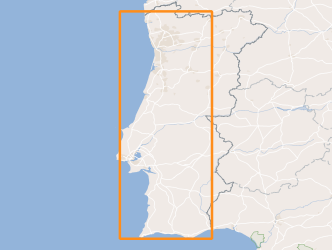
Marine biotoxins monitoring of bivalve molluscs in classified production areas in mainland Portugal, since 2014, at intervals defined in the respective sampling plan, through the detection and quantification of the various groups of marine biotoxins laid down in Regulation (EC) 853 / 2004 in live bivalve tissues. These analyzes are part of the national monitoring of bivalve molluscs production areas and are considered in the official control system for decision-making concerning health rules applicable to bivalve in the various production areas. The data is collected according to the requirements of Regulation (EC) No 854/2004 of the European Parliament and of the Council of 29 April 2004 and the rules set out in Decree No. 1421/2006 of the Ministries of Economy and Innovation and Agriculture, Rural Development and Fisheries of 21 December 2006.
-
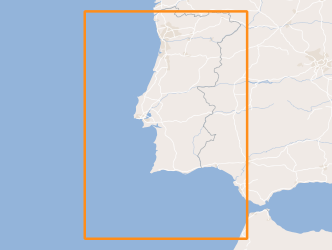
Within Portugal's National Biological Sampling Project (PNAB) a set of activities are conducted in the collection, management and use of biological data, collected from the registered commercial fleet in mainland Portugal (fisheries-dependent data) and several research surveys (independent fisheries data). These activities allow the assessment of the state of fishery resources, population structure, distribution and abundance of resources, diversity and dynamics of biological communities associated with the fishery resources and biological studies (growth, reproduction).The spring acoustic surveys are usually held in April/May with the ship "Noruega" and cover the Portuguese continental waters and the Spanish waters of the Gulf of Cadiz, between 20 and 200m deep.
-
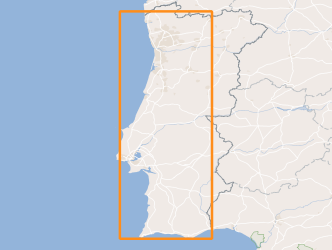
Identification and enumeration of harmful and potentially toxic phytoplankton species from water samples collected weekly in shellfish production areas, coastal and transition in mainland Portugal since the year 2014. These analyzes are part of the national system of monitoring bivalve mollusc production areas of IPMA and are considered in the zoning and in making decisions regarding their status. The data is collected for the requirements of Regulation (EC) No 854/2004 of the European Parliament and of the Council of 29 April 2004.
-
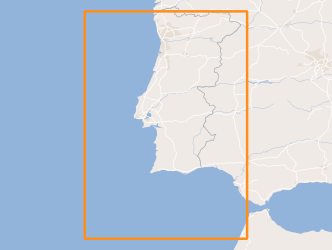
Within Portugal's National Biological Sampling Project (PNAB) a set of activities are conducted in the collection, management and use of biological data, collected from the registered commercial fleet in mainland Portugal (fisheries-dependent data) and several research surveys (independent fisheries data). These activities allow the assessment of the state of fishery resources, population structure, distribution and abundance of resources, diversity and dynamics of biological communities associated with the fishery resources and biological studies (growth, reproduction).The spring acoustic surveys are usually held in April/May with the ship "Noruega" and cover the Portuguese continental waters and the Spanish waters of the Gulf of Cadiz, between 20 and 200m deep.
-

Quantification of contaminant metals including mercury, lead and cadmium in bivalve harvested semiannually in bivalve mollusc coastal and transition production areas in mainland Portugal since the year 2014. These analyzes are part of the National monitoring system of bivalve mollusc production areas and are considered in the classification of these areas and in the decision-making relative to their status. The data is collected according to the Regulation (EC) No 854/2004 of the European Parliament and of the Council of 29 April 2004.
-
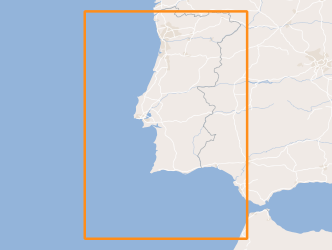
Within Portugal's National Biological Sampling Project (PNAB) a set of activities are conducted in the collection, management and use of biological data, collected from the registered commercial fleet in mainland Portugal (fisheries-dependent data) and several research surveys (independent fisheries data). These activities allow the assessment of the state of fishery resources, population structure, distribution and abundance of resources, diversity and dynamics of biological communities associated with the fishery resources and biological studies (growth, reproduction). This resource shows the geographic distribution of bogue abundancy index (nr. individuals/hour) registered during the PELAGO08 acoustic campaign in April 2008.
-
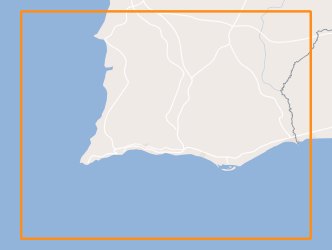
Within Portugal's National Biological Sampling Project (PNAB) a set of activities are conducted in the collection, management and use of biological data, collected from the registered commercial fleet in mainland Portugal (fisheries-dependent data) and several research surveys (independent fisheries data). These activities allow the assessment of the state of fishery resources, population structure, distribution and abundance of resources, diversity and dynamics of biological communities associated with the fishery resources and biological studies (growth, reproduction).This resource shows the geographic distribution of blue whiting abundancy index (nr. individuals/hour) registered during the CRUSTACEOS2013 campaign in June 2013.
-
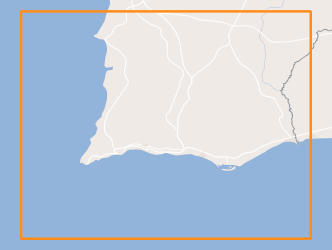
Within Portugal's National Biological Sampling Project (PNAB) a set of activities are conducted in the collection, management and use of biological data, collected from the registered commercial fleet in mainland Portugal (fisheries-dependent data) and several research surveys (independent fisheries data). These activities allow the assessment of the state of fishery resources, population structure, distribution and abundance of resources, diversity and dynamics of biological communities associated with the fishery resources and biological studies (growth, reproduction). This resource shows the geographic distribution of silvery pout abundancy index (nr. individuals/hour) registered during the CRUSTACEOS2010 campaign in June 2010.
-

Within Portugal's National Biological Sampling Project (PNAB) a set of activities are conducted in the collection, management and use of biological data, collected from the registered commercial fleet in mainland Portugal (fisheries-dependent data) and several research surveys (independent fisheries data). These activities allow the assessment of the state of fishery resources, population structure, distribution and abundance of resources, diversity and dynamics of biological communities associated with the fishery resources and biological studies (growth, reproduction).This resource shows the geographic distribution of blue and red shrimp abundancy index (nr. individuals/hour) registered during the CRUSTACEOS2013 campaign in June 2013.
-
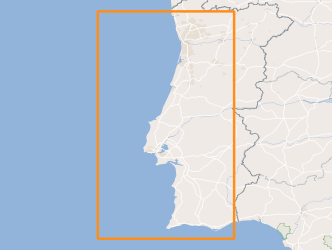
Within Portugal's National Biological Sampling Project (PNAB) a set of activities are conducted in the collection, management and use of biological data, collected from the registered commercial fleet in mainland Portugal (fisheries-dependent data) and several research surveys (independent fisheries data). These activities allow the assessment of the state of fishery resources, population structure, distribution and abundance of resources, diversity and dynamics of biological communities associated with the fishery resources and biological studies (growth, reproduction).This resource shows the geographic distribution of atlantic mackerel abundancy index (nr. individuals/hour) registered during the DEMERSAL2008 campaign in September 2008.
